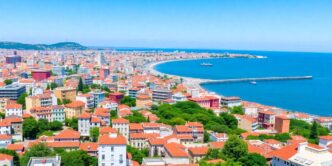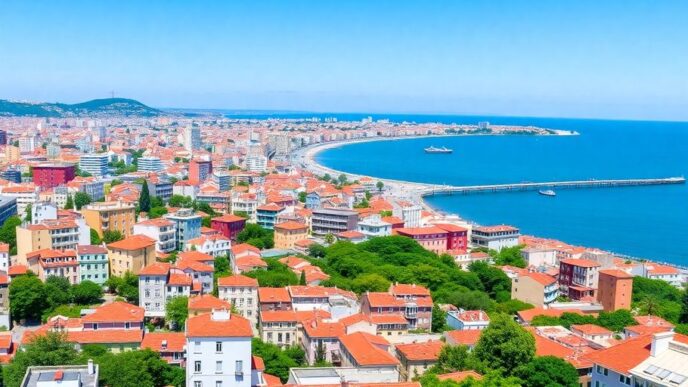Portugal has officially activated its new tax regime, known as the Tax Incentive for Scientific Research and Innovation (IFICI), commonly referred to as NHR 2.0. This new framework replaces the previous Non-Habitual Resident (NHR) regime, which closed to new entrants at the end of 2023. The IFICI aims to attract highly qualified individuals engaged in scientific research and innovation activities, offering them a favorable tax environment.
Key Facts
- The IFICI regime is effective from January 1, 2024, with regulations retroactively applied.
- It offers a reduced Personal Income Tax (IRS) rate of 20% for eligible employment and professional income.
- Income from foreign pensions and low-tax jurisdictions will be fully taxable in Portugal.
Overview of NHR 2.0
The NHR 2.0 regime was introduced as part of Portugal’s State Budget Law for 2024, with the first regulations issued on December 23, 2024. This new tax framework is designed to attract talent and foster innovation within the country, specifically targeting individuals who contribute to scientific research and innovation.
Benefits of the IFICI/NHR 2.0
The IFICI offers several key benefits for eligible individuals:
- Reduced Tax Rate: A special IRS rate of 20% applies to employment and professional income earned in Portugal.
- Exemptions on Foreign Income: Income from abroad in various categories, including capital gains and rental income, is exempt from IRS.
- Duration of Benefits: The benefits are available for a period of 10 calendar years from the date of tax residency in Portugal.
Eligibility Criteria
To qualify for the IFICI/NHR 2.0 regime, applicants must meet specific criteria:
- Highly Qualified Professions: Eligible professions include directors, specialists in physical sciences, doctors, and university professors, among others.
- Educational Requirements: Applicants must possess at least a bachelor’s degree or a doctorate, along with relevant professional experience.
- Employment with Eligible Companies: Individuals must be employed by companies recognized as technological and innovation centers or certified start-ups.
Application Process
The application process for the IFICI/NHR 2.0 involves several steps:
- Submission Deadline: Applications must be submitted by January 15 of the year following the year of residency.
- Transitional Period: For those who became tax residents in 2024, the deadline extends to March 15, 2025.
- Documentation Required: Applicants must provide proof of employment, academic qualifications, and compliance with the eligibility criteria.
Conclusion
The introduction of the IFICI/NHR 2.0 marks a significant shift in Portugal’s approach to attracting skilled professionals and fostering innovation. While it narrows the scope compared to the previous NHR regime, it still offers compelling tax incentives for eligible individuals looking to establish residency in Portugal. This initiative positions Portugal as a competitive destination for talent and investment in the European Union, aiming to enhance its reputation as a hub for scientific research and innovation.














